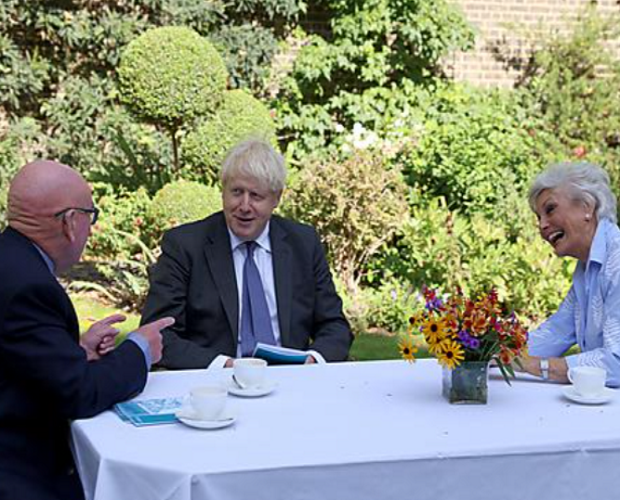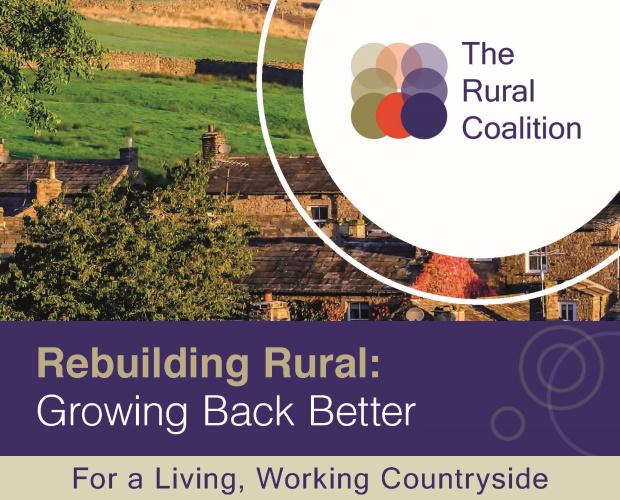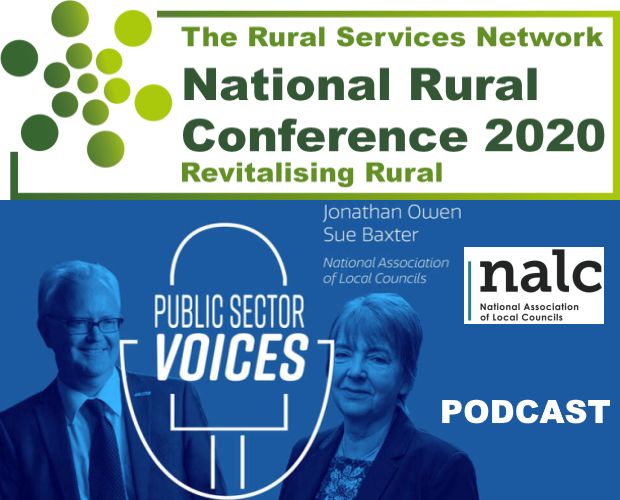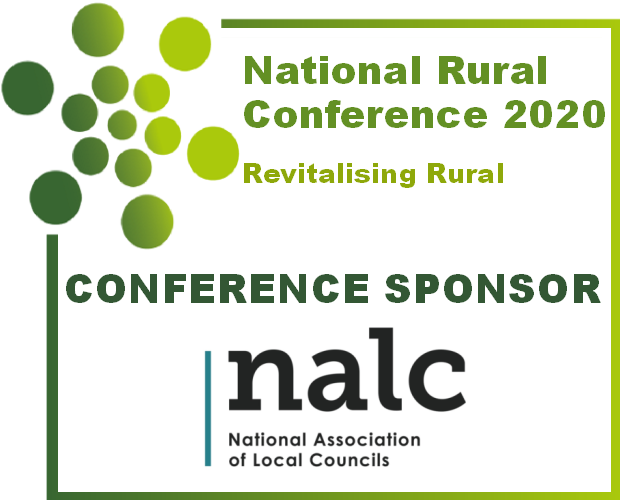T: 01822 851370 E: [email protected]
NALC
The Rural Services Network is grateful to the range of organisations providing support or sponsorship to the National Rural Conference to help make it the ‘go to’ event for those working in rural areas Recently launched and open for...
Established in 1947, the National Association of Local Councils (NALC) is a membership organisation and the only national body representing England's 10,000 local (parish and town) councils and 100,000 councillors. NALC works in partnership with 43 county associations to support,...
Dementia expert Ian Sherriff BEM met Boris Johnson to discuss a new guide for local councils A University expert has met the Prime Minister to ask for his backing to help local councils become more ‘dementia friendly’. ...
Call for Government to level-up rural areas to support England’s economic recovery from COVID-19 Rural Coalition urges Government to unlock untapped potential of rural communities and economies and to address long-standing inequalities A coalition of thirteen...
Feature provided by Chair, Cllr Sue Baxter, and Chief Executive, Jonathan Owen of NALC: The National Association of Local Councils’ (NALC’s) chair, Cllr Sue Baxter, and chief executive, Jonathan Owen, were recently interviewed for a...
The National Association of Local Council (NALC) represents England’s 10,000 local (parish and town) councils and their 100,000 local community leaders and councillors. Their role has changed dramatically in the last few years reflected in a doubling of their...
NEWSLETTER
Sign up to receive all our latest news and updates.
HOT TOPICS
Amid reduced public spending, fair resource allocation across regions is crucial. Despite a population larger than Greater London, rural areas receive significantly less funding for essential services, even though delivering these services in rural areas is more expensive.
Economic growth is widely acknowledged as essential for national wealth and prosperity and is a priority for political parties. Rural economies, employing millions and home to a higher proportion of small businesses, have potential for growth if barriers are removed.
Rural residents face distinct healthcare challenges, including limited access to transport, longer distances to medical facilities, an aging demographic, housing inadequacies, digital connectivity gaps, and difficulties recruiting health and care workers.
Rural communities are grappling with a severe affordable housing crisis, marked by high house prices, a lack of affordable housing, elevated living costs, and lower incomes, threatening their sustainability and vitality.
Transport is vital for the quality of life and economic health of rural areas, yet it faces challenges such as infrequent public bus services and less Government funding compared to urban regions.
Rural areas, encompassing a substantial portion of England's population and land, play a pivotal role in combating climate change and achieving the net zero target.
In an increasingly digital world, the lack of robust digital infrastructure in rural areas severely limits access to crucial services and stifles economic growth.
A future-focused vision for rural communities involves not just building the right homes in the right places but also ensuring thriving, sustainable communities.
SIGN UP TO OUR NEWSLETTER
Sign up to our newsletter to receive all the latest news and updates.









